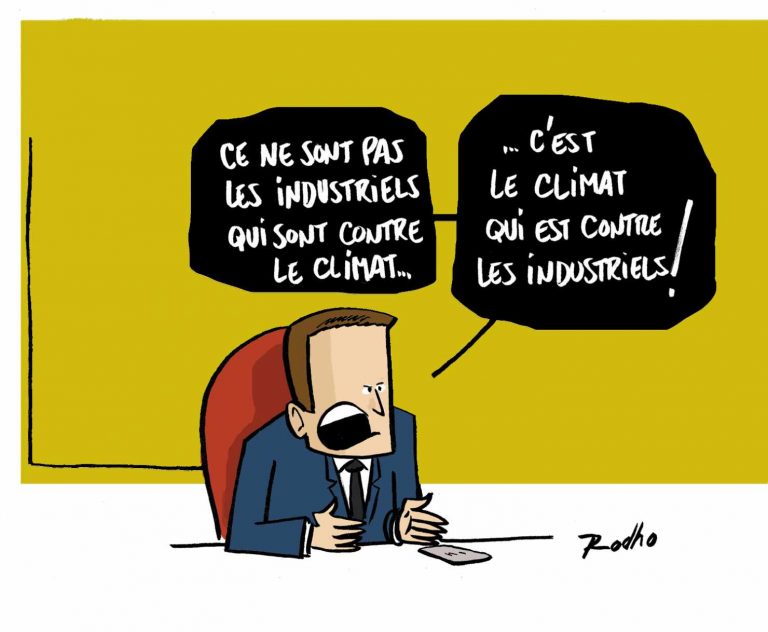Average reading time : 7 minutes
Average action time : 9 minutes
Twitter : 2 minutes – Facebook : 3 minutes – Email : 4 minutes
If you want to adapt this campaign to your country, please send a message to: contact@lobby-citoyen.org
What do we propose?
The looming economic crisis will mainly affect employees and small businesses, with the most precarious on the front line. Unlike 2008, this crisis is an opportunity to inject money into the real economy and directly to individuals rather than into financial systems – which is what the concept of “helicopter money” illustrates. This project is currently receiving a lot of support around the world ; it is a first step towards universal income as a result. Help us support this measure!
More details
Taking into account the most precarious citizens
The current period of global crisis is revealing the fragility of our economic, political and social systems. The generalised loss of income caused by widespread confinement measures is all the more concerning for precarious, unemployed, casual / seasonal and temporary workers, but also for entrepreneurs, especially those who have developed small craft, artistic, cultural and social activities and who find themselves without income or cash flows.
A crisis that is affecting individuals before banks
To alleviate the looming economic crisis, governments and central banks are already planning to inject hundreds of billions of euros into the financial system hoping that this will help revive the economic machine. This mechanism is called quantitative easing. In 2008, it was about saving the banks and financial markets that could drag the entire global economy down.
This new crisis directly threatens individuals, small businesses and the voluntary sector (which represents more than one million jobs in France). The solutions implemented to get out of the crisis will therefore have to be different if we want to avoid a massive increase in poverty and a major collapse of SMEs and associations. The International Labour Organization (ILO) has just announced that worldwide, workers could lose up to 3.4 trillion dollars in income by the end of the year 2020.
How to inject money into the real economy ?
Many voices are now calling for the money injected into the global economy to be channelled directly to individuals and employers and not to banks. This system is not new, since it was first formulated by a classical economist, Milton Friedman, through his concept of helicopter money.
What is helicopter money ?
“Suppose one day a helicopter flies over this community and drops $1,000 in cash from the sky. Of course, the community members will be eager to collect the banknotes. Let’s assume again that everyone is convinced that this was an exceptional event that will not be repeated.”
Although the idea was originally conceived by Friedman as a metaphor rather than a real proposal for a monetary instrument, the concept did make its way into economic debates, so that it is now seriously supported by several economists as a solid alternative to the so-called quantitative easing policies. According to its defenders, the monetary helicopter approach would be more effective in stimulating inflation when the economy is in a liquidity trap and central banks have lowered key rates to the lowest possible level.
The difference between these two approaches is summarised in the diagram below :

The current European Central Bank’s plan is to inject EUR 750 billion into the economy in the form of share buybacks. As an example, if this money were injected via the helicopter money method directly into the bank account of each of the 446 million Europeans, it would represent €1681.61 for each inhabitant of the European Union.
Furthermore, the G20 is offering to inject $ 5000 billion into the world economy, which would mean 643€ for each of the 7.75 billion people on our beautiful blue planet.
For more details on the helicopter money and its relevance in the context of the crisis
The Positive Money Europe Report “Helicopter money as a response to the COVID-19 crisis” is well detailed.
Combining helicopter money and universal income
This payment would only be realized once and thus it would clearly not save some essential actors of the economy: small, individual and craft businesses, non-profit organizations, etc. The idea is therefore to use the concept of helicopter money as a complement to other solutions and to take advantage of it to demonstrate the feasibility and positive effects of a universal income for all.
Strong support for this approach
This hypothesis of a direct distribution of stimulus package money to individuals is not a utopia and it is receiving strong support today, notably from the UN Secretary General.
Speech of the UN Secretary-General
“We need to focus on people – low-wage workers, small and medium-sized enterprises, and the most vulnerable.
This means implementing salary support and social protection measures as well as insurance measures to prevent bankruptcies and job losses.
Fiscal and monetary measures must also be taken so that the burden of the crisis does not fall on those who can least afford it.
Recovery must not come at the expense of the poorest – and we cannot create a legion of new poor.
We must put resources directly into the hands of people. Several countries are already adopting social protection measures, such as cash grants or universal income.”
The USA is considering the introduction of a universal income
“Jason Furman, Barack Obama’s chief economic adviser during his second term, pleaded for this measure in an op-ed piece in the Wall Street Journal. He proposed “a payment of 1,000 dollars [910 euros] to all American citizens and an additional 500 dollars per child”.
On the Republican side, Mitt Romney, Obama’s opponent in 2012, called for an immediate payment limited to 1,000 dollars per person. Despite his isolated position within his party – he actually was the only Republican senator to vote in favour of this measure during the impeachment proceedings against Donald Trump- he may have been heard. The Trump administration has announced that it is currently considering sending “checks” to Americans, although the exact terms of this potentiel operation have not been specified yet.”
750$ will be paid on March 31 to all Australians - Sydney Morning Herald
“Businesses, welfare recipients and tourism operators will get $17.6 billion in the first stimulus measures since the global financial crisis as the Morrison government plunges the budget back into deficit to try and avoid a recession. Up to 6.5 million people on government benefits, including pensioners, the unemployed and those on family welfare payments will get up to $750 each in cash payments in an attempt to drive consumers back to the shops. The stimulus payments will cost $4.6 billion and will be paid into bank accounts from March 31.”
The article here
There Will Be Enough for Everyone’: Berlin Distributes €500 Million to Artists and Freelancers Within Four Days of Launching Its Grant Program
An article here
The introduction of this helicopter money or quantitative easing for the people is not an end in itself; it will be a first step towards the establishment of a more sustainable basic income once it has proven its effectiveness in addressing growing inequalities and maintaining the health of the real economy.
How to participate ?

Ask the European Central Bank to implement helicopter money!











